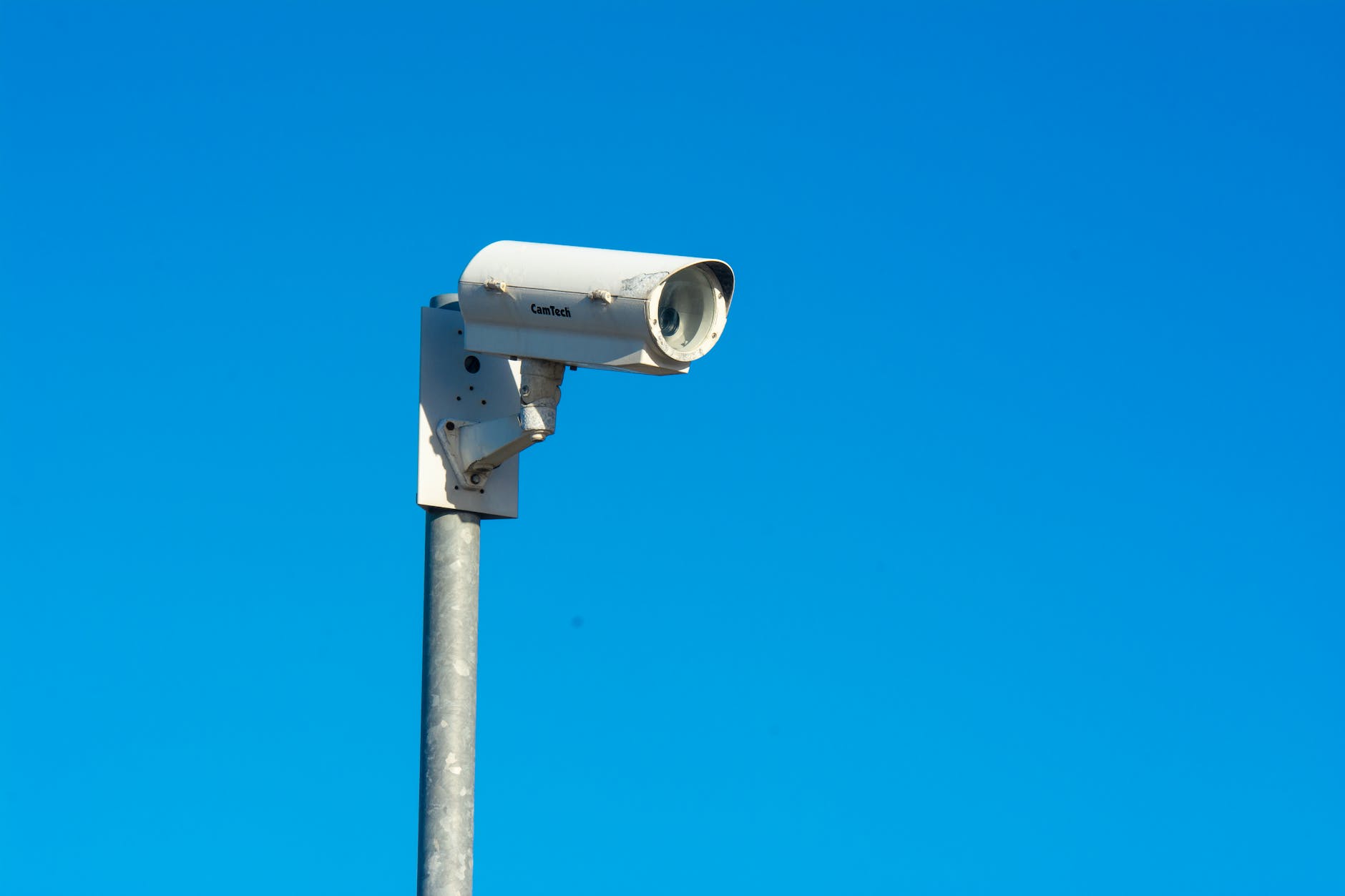
CCTV
Safeguarding critical infrastructure has become more crucial than ever. The increasing reliance on ike rinf.tech that build Cloud CCTV solutions technology and the interconnectedness of systems have made protecting these assets a top priority. One innovative solution that has gained prominence is the use of Cloud Closed-Circuit Television (CCTV) systems. These advanced surveillance systems offer a range of benefits, including remote monitoring, scalability, and cost-effectiveness. However, deploying Cloud CCTV solutions comes with its own set of challenges.
In this article, we will explore the challenges faced in protecting critical infrastructure and the solutions offered by companies that build Cloud CCTV solutions.
Ensuring Robust Security
One of the primary concerns when implementing Cloud CCTV is maintaining robust security. Given the sensitivity of critical infrastructure, it is essential to ensure that the surveillance systems themselves are secure from cyber threats.
Companies like rinf.tech that build Cloud CCTV solutions employ advanced encryption techniques and follow industry best practices to protect data transmission and storage.
Additionally, regular security audits, vulnerability assessments, and prompt software updates are critical in safeguarding the infrastructure.
Scalability And Flexibility
Critical infrastructure often spans vast areas, requiring a scalable and flexible surveillance system.
Traditional CCTV systems may be limited by physical cabling, making expansion and relocation challenging. Cloud CCTV solutions, on the other hand, offer unparalleled scalability and flexibility. With cloud-based infrastructure, cameras can be easily added or relocated as per changing security requirements.
Bandwidth And Connectivity
Streaming live video from multiple cameras to the cloud can strain network bandwidth and connectivity. This challenge becomes even more pronounced when dealing with remote locations or areas with limited internet access.
To address this, Cloud CCTV solutions employ intelligent video compression algorithms that optimize bandwidth usage without compromising on video quality.
Data Storage And Retention
The sheer volume of video data generated by Cloud CCTV systems poses a significant storage challenge. Critical infrastructure surveillance often requires retaining footage for extended periods to comply with regulatory requirements or to investigate incidents.
Cloud-based storage solutions offer cost-effective and scalable options for long-term data retention. Leveraging cloud infrastructure, these solutions provide high-capacity storage, seamless data retrieval, and built-in redundancy to safeguard against data loss.
Compliance And Privacy
Protecting critical infrastructure must go hand in hand with ensuring compliance with privacy regulations. Cloud CCTV systems may capture sensitive information or intrude on individuals’ privacy if not implemented correctly.
Companies adhere to industry standards and regulations, ensuring that their Cloud CCTV solutions comply with data protection laws. By implementing features such as anonymization, access controls, and encryption, these solutions strike a balance between surveillance and privacy, building trust among stakeholders.
In Conclusion
As critical infrastructure faces ever-evolving security challenges, Cloud CCTV solutions offer a promising avenue for protecting these assets effectively. Companies like rinf.tech have emerged as leaders in this domain, providing robust and scalable Cloud CCTV platforms that address the unique challenges faced in safeguarding critical infrastructure.
By focusing on security, scalability, bandwidth optimization, data storage, and privacy compliance, these solutions enable organizations to deploy comprehensive surveillance systems that enhance safety, reduce risks, and mitigate potential threats. With Cloud CCTV at the helm, critical infrastructure protection enters a new era of advanced surveillance and security.





